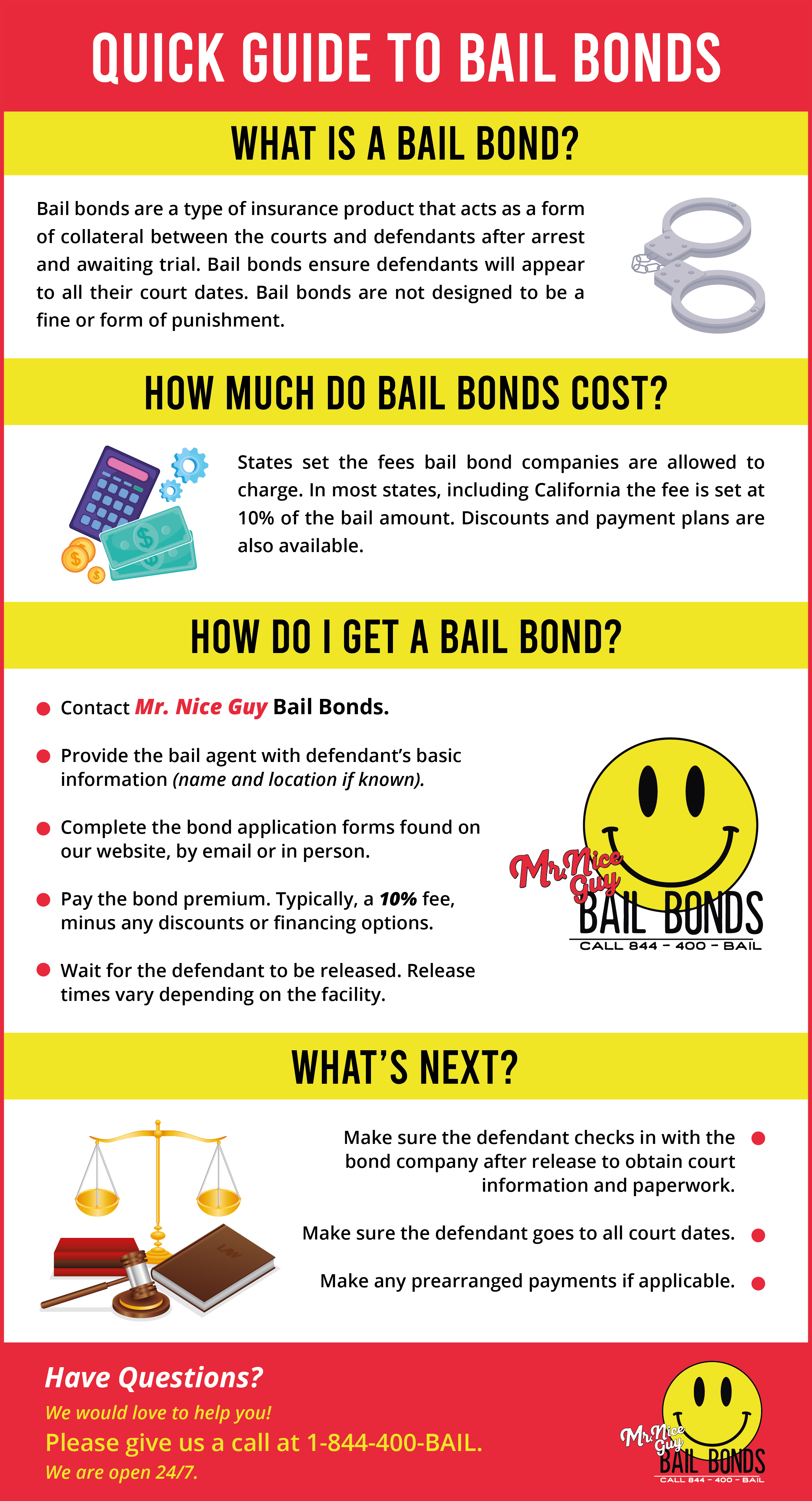In times of crisis, the ability to access quick cash can be a lifeline. Whether it is for an unexpected medical emergency, urgent car repairs, or a sudden legal matter, having immediate financial resources can significantly alleviate stress and provide essential support when it matters most. In this article, we are going to discuss how to manage sudden financial pressure using bail bonds.
1. Challenges to Manage Sudden Financial Pressure:
Typically, individuals might rely on savings to manage financial pressure, but unfortunately, not everyone has the luxury of a substantial emergency fund. Consequently, people may explore alternative options such as credit cards, payday loans, or financial assistance from family members. However, these solutions often present their own set of challenges and potential delays, compounding the financial stress.
Financial Challenges:
- Insufficient savings
- High-interest debt from credit cards and payday loans
- Reliance on others for financial support
- Potential delays in receiving financial assistance
2. How Do Bail Bonds Help to Deal with Sudden Financial Pressure?
However, legal emergencies, such as the need for bail money, present unique financial challenges. In these stressful situations, bail bonds offer a practical and efficient solution. By providing a financial lifeline, bail bonds enable individuals to secure release from detention while awaiting trial without the burden of paying the full bail amount upfront. Essentially, a bail bond company acts as a financial intermediary, charging a fee—typically a fraction of the total bail—thereby alleviating the immediate financial strain.
3. Bail Bonds Benefits Beyond Managing Financial Stress:
This service offers multiple benefits beyond managing sudden financial pressures.
- Firstly, it enables individuals to maintain employment, preventing job loss due to incarceration.
- Secondly, it allows them to fulfill familial responsibilities without interruption.
- Last but not least, bail bonds provide peace of mind as individuals can focus on preparing for their court appearances.
For those grappling with the stress of arranging bail, comprehending the intricacies of the bail bond process can prove invaluable.
4. Release Your Financial Pressure with This Quick Guide to Bail Bonds:
To get a clearer picture of this vital service and explore your options in-depth, we invite you to take a look at our detailed infographic below. It provides comprehensive information on bail bonds, helping you make informed decisions quickly in times of need.
Final Thoughts on Managing Financial Pressure:
Now that you’ve learned “How to Manage Sudden Financial Pressure Using Bail Bonds”, hope you can tackle the sudden financial crisis that appears out of nowhere and can be overwhelming. Bail bonds offer a potential solution for those encountering legal troubles by providing immediate financial relief.
While not a universal remedy, bail bonds can help mitigate the impact of unexpected legal costs and allow individuals to focus on their legal cases. However, It is essential to weigh the pros and cons and explore all available options when dealing with financial emergencies.
For more news updates visit MITECHNEWS.COM
Infographic designed by Mr. Nice Guy Bail Bonds
FAQs
1. What is a bail bond?
A bail bond is a financial agreement between a bail bond company and a defendant. The company pays the bail amount to the court in exchange for the defendant’s release from custody, and the defendant agrees to pay a non-refundable fee to the bail bond company.
2. How do bail bonds work under financial pressure?
When someone is arrested, a bail amount is set by the court. A bail bond company will charge a non-refundable fee, typically 10-15% of the bail amount, to post the bail and secure the defendant’s release.
3. Can anyone get a bail bond in the financial crisis?
Generally, anyone can get a bail bond, but certain factors, such as criminal history or flight risk, may affect the approval process.
4. How much does a bail bond cost?
The cost of a bail bond is typically 10-15% of the total bail amount. This fee is non-refundable.







